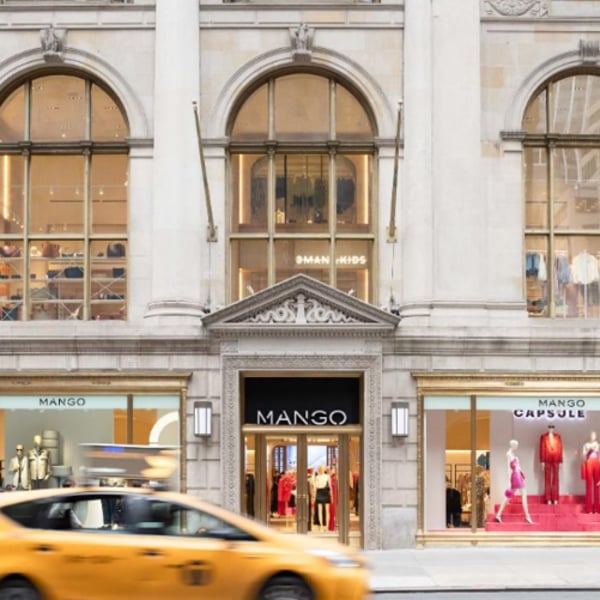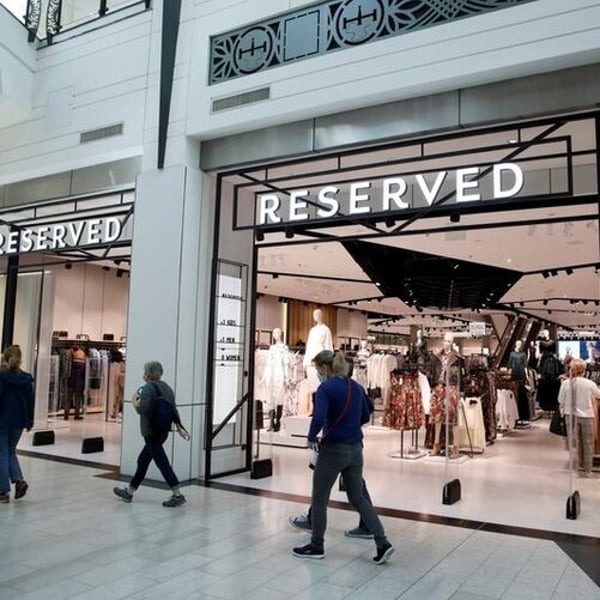Fashion
Mango expands U.S. presence with new store openings in Oregon, New Mexico, and Nevada
-

 Entertainment8 years ago
Entertainment8 years agoThe final 6 ‘Game of Thrones’ episodes might feel like a full season
-

 Politics8 years ago
Politics8 years agoCongress rolls out ‘Better Deal,’ new economic agenda
-

 Entertainment8 years ago
Entertainment8 years agoMod turns ‘Counter-Strike’ into a ‘Tekken’ clone with fighting chickens
-

 Entertainment8 years ago
Entertainment8 years agoNew Season 8 Walking Dead trailer flashes forward in time
-

 Tech8 years ago
Tech8 years agoMicrosoft Paint is finally dead, and the world Is a better place
-

 Tech8 years ago
Tech8 years agoHulu hires Google marketing veteran Kelly Campbell as CMO
-

 Tech8 years ago
Tech8 years agoFord’s 2018 Mustang GT can do 0-to-60 mph in under 4 seconds
-

 Politics8 years ago
Politics8 years agoIllinois’ financial crisis could bring the state to a halt









